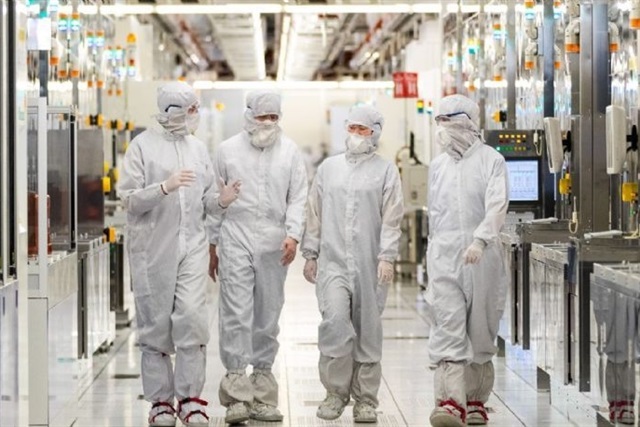
-advertisement-
Bloomberg on August 29 reported the Netherlands government plans to hold back on renewing ASML (NASDAQ:ASML) ’s licenses to repair and provide spare parts for its semiconductor equipment – particularly its deep ultraviolet lithography (DUV) machines - in China. These licenses are due to expire at the end of 2024.
Withdrawal of service support may render some of ASML’s equipment inoperable as soon as next year.
The U.S. has indicated it might impose unilateral measures, like the Foreign Direct Product Rule (FDPR), if partners like the Netherlands do not comply. This rule allows the U.S. to control the export of foreign products that incorporate even minimal U.S. technology.
Previously, the Dutch government imposed import restrictions on ASML's Twinscan NXT:2000i, 2050i, and 2100i DUV lithography machines if shipped to Chinese entities. These litho tools are capable of ≤38nm resolution and can be used to make logic chips on 7nm and even 5nm-class process technologies, albeit with multi-patterning, types of process technologies that the U.S. government and its allies do not want China to have due to national security concerns.

Some of these tools are already installed at fabs operated by companies like SMIC (and potentially some others, including memory makers). SMIC allegedly uses Twinscan NXT:2000i and more advanced machines to produce chips on its 2nd Generation 7nm-class process technology for blacklisted Huawei, a Chinese high-tech giant that the U.S. government has been targeting for a while. Nonetheless, last year, Huawei came up with a 7nm application processor for smartphones with a built-in 5G modem, a blow to U.S.-imposed sanctions.
However, these machines need servicing, and without maintenance and new spare parts, they may become inoperable by 2025, which will severely disrupt SMIC's and Huawei's advanced semiconductor production capability.
The impact on ASML could also be substantial, given that nearly half of its sales came from China in the second quarter, and maintenance costs a lot of money. Still, the vast majority of fab tools installed in China are used to make chips on trailing nodes that the U.S. and allies do not care about and which ASML will be able to service. Hence, the impact will likely be substantial but limited.
Editor:Vicky
▼▼▼
Japan's semiconductor equipment sales hit record highs, surging 23.6% in July
Nvidia Q2 earnings blow past expectations, but shares slide after hours
Applied Materials receives subpoena from U.S. Department of Justice, faces further scrutiny
Micron said to buy factories from AUO in deal worth up to $620M
'Black Myth: Wukong' sparks trend, boosts demand for memory and graphics cards
+86 191 9627 2716
+86 181 7379 0595
8:30 a.m. to 5:30 p.m., Monday to Friday
